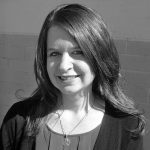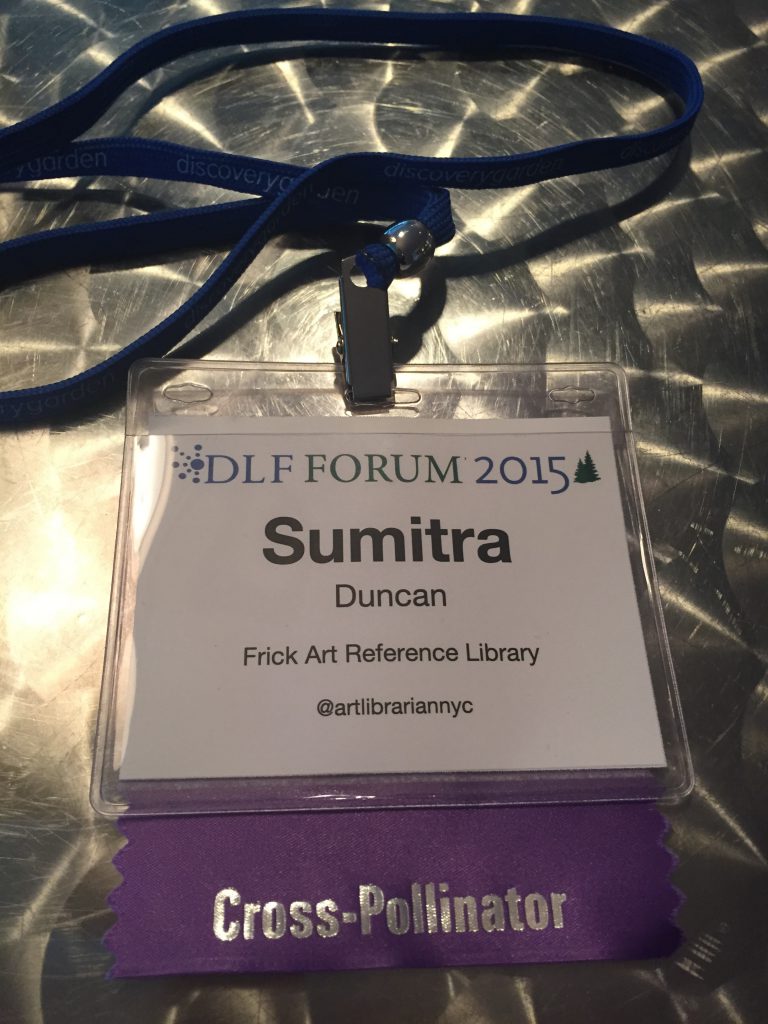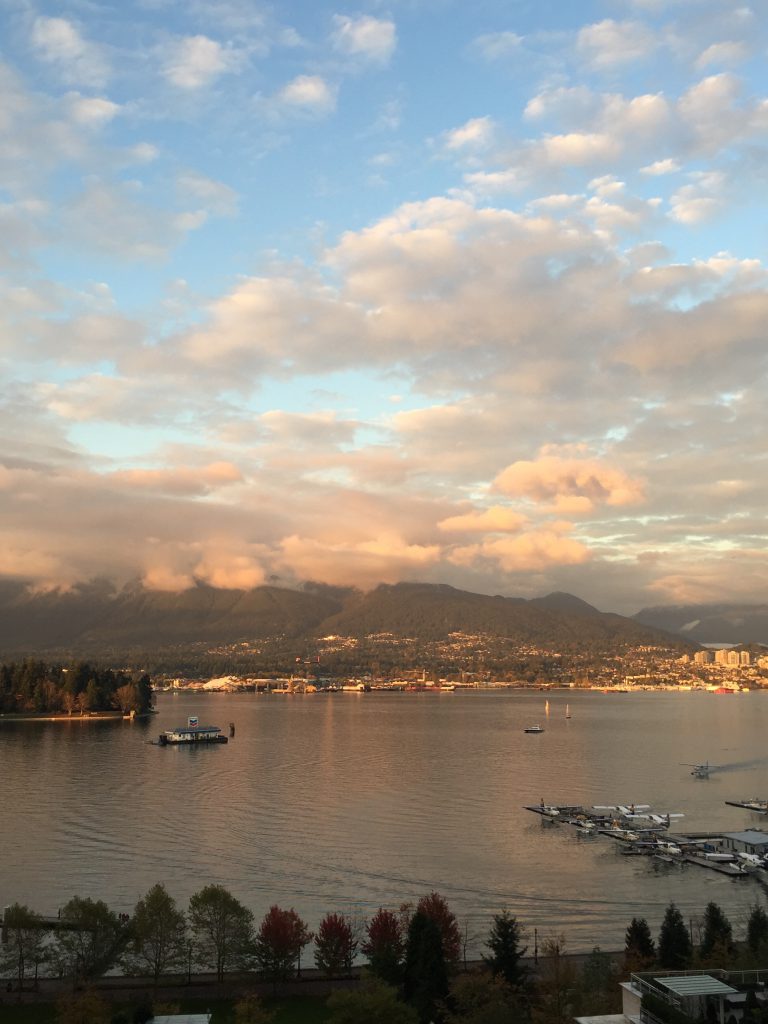
In late October I traveled to Vancouver, B.C., to attend my first Digital Library Federation (DLF) Forum as a Museum Cross-Pollinator Fellow. I am extremely grateful to The Samuel H. Kress Foundation, the DLF, and the Council on Library and Information Resources (CLIR) for supporting this unique fellowship opportunity for myself and three other museum professionals.
My experience throughout the jam-packed schedule of the DLF Forum was highly inspiring and I felt very welcomed as a first-time attendee. The varied format for sessions allowed attendees to experience the full range of keynote remarks, panels, snapshot lightning and poster sessions, project updates, workshops, lunchtime birds-of-a-feather gatherings, and networking during well-spaced refreshment breaks. The institutional makeup of the audience of the 2015 DLF Forum encompassed a great range, inclusive of public and private universities, tool developers and service providers, public libraries, non-profit research institutions, museums, special libraries, and information technology consultants. Given the collaborative nature of my work with the New York Art Resources Consortium (NYARC), which consists of the libraries and archives of the Brooklyn Museum, The Museum of Modern Art, and The Frick Collection, I very much appreciated the opportunity to both share my perspective and learn from a diverse range of colleagues during the Forum.

Not having attended a DLF event previously, what most impressed me was the commitment of the audience and presenters to engage in an open, candid, and respectful dialogue. The conversation that ensued in the question and answer periods felt truly honest and I appreciated that presenters didn’t shy from detailing their perceived missteps and lessons learned with recent projects. We often forget that sharing our hard-learned lessons with colleagues can be as helpful as sharing our triumphs.
The DLF Forum offered relatively technical project and tool updates coupled with public services and practitioner perspectives. Many significant topics emerged as themes as the Forum progressed, including the following: thinking critically about the repurposing of metadata, search and interface enhancements, research and access across all disciplines, text mining and analysis, the importance of working to improve programming abilities within departments (everyone benefits), International Image Interoperability Framework (IIIF), linked and open data, open access/open content, and how the importance of web archiving programs and the collection of born-digital ephemera at memory institutions remain imperative to our future relevance.
Difficult questions were asked as well, with presenters and audiences bringing up refreshingly complex concerns. Dr. Safiya U. Noble, opening keynote speaker, shared particularly compelling criticism of the power of algorithms, as well as our responsibility to consider what it means to now have more data and technology than ever before, when we see such prevalence of social, political, and economic inequality in our world. The DLF professional community sits directly at the intersection of culture and technology and is well positioned to ask pertinent questions about how we might reframe our investments in the digital world.
The closing session of the Forum reinforced the notion that it’s crucial that our professional community think critically about our work and specifically why/how we do the work we do. Strong support was voiced in the audience for advocacy and the leveraging of our jobs to make positive change in the world. Specific communities were identified as being underrepresented within DLF, such as museums and public libraries, and targeted efforts will be made to more fully engage those institutions over the coming year.
Many thanks again to The Kress Foundation, the DLF, and CLIR for generously providing this opportunity to connect with a diverse array of colleagues, gain insight on myriad projects, strategic initiatives, and tools, and share knowledge across disciplines.
Last, but not least, the view from the conference hotel in downtown Vancouver was stunning!

Photographs provided by the author.
